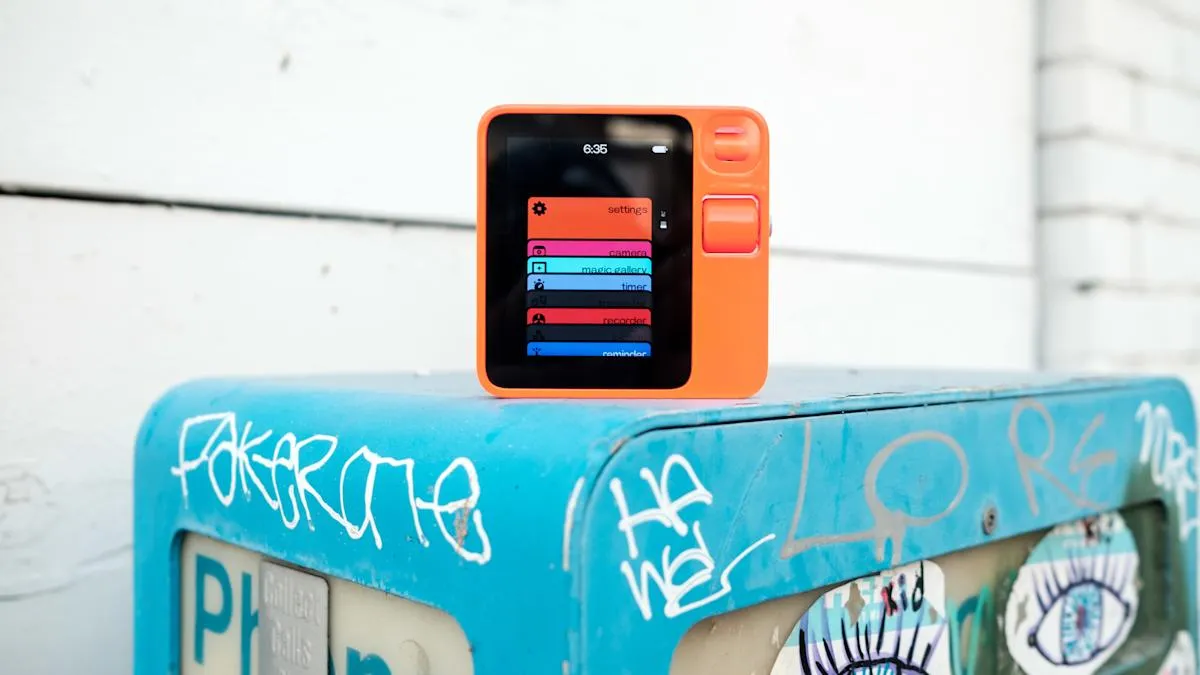
The story of the Rabbit R1 serves as a significant cautionary tale within the tech industry. Unveiled at CES 2024, this innovative AI gadget captured attention with its charming design and the promise of performing nearly all the functions of a smartphone without the usual distractions. This enticing pitch quickly turned sour when the product launched a few months later, marred by buggy software and a multitude of features that simply didn't work as intended. Engadget's reviewer, Devindra Hardawar, labeled the R1 a "$199 AI toy" that disappoints on multiple fronts. The backlash intensified with YouTuber Marques Brownlee, whose review video garnered nearly 9 million views, stating that the R1 was "barely reviewable." This wave of criticism also affected Humane, Rabbit's former competitor, which ceased operations earlier this year after selling its intellectual property to HP for $116 million and halting support for its much-criticized AI Pin.
Despite the rocky start, Rabbit has persisted and recently launched its most significant software update to date: RabbitOS 2. CEO Jesse Lyu expressed hope for a second chance, stating that the improvements made in RabbitOS 2 transform the device experience. In its original state, the R1's touchscreen functionality was far from user-friendly, complicating basic tasks like accessing the settings menu. With the new RabbitOS 2, the device's interface has been overhauled, featuring colorful cards that make it much easier to understand its capabilities. The touchscreen now operates like a conventional smartphone, enabling users to navigate through taps and swipes instead of struggling with convoluted side button presses.
RabbitOS 2 introduces several quality-of-life enhancements that make the R1 feel more practical. One notable addition is the ability to transcribe voice memos offline, a feature that enhances the device's utility. The update's standout capability, dubbed Creations, represents a significant evolution of the previously introduced Teach mode. This new tool allows users to "vibe code" their own applications for the R1, streamlining the app creation process. Users can describe their desired app, and the device will ask clarifying questions to refine the concept. The AI agent, known as Intern, possesses in-depth knowledge of the R1's hardware, alleviating the need for users to delve into technical intricacies.
With Lyu's guidance, I successfully created a tuning app for my guitar in under five minutes. The experience was refreshing and novel, as I could dictate the app's appearance and functionality while receiving helpful suggestions from the AI. Although numerous tuning apps exist, the personalization aspect made this experience unique. Other users have also shared impressive Creations, including an interactive map for the game Hollow Knight: Silksong, showcasing the potential of this feature.
Despite the advancements, Lyu acknowledges that Rabbit faces hurdles in convincing consumers to replace their smartphones with the R1. The primary challenge lies in the reluctance of users to carry two devices. Lyu emphasized that many smartphone functions, particularly sensitive ones like banking apps, remain areas where users are hesitant to trust AI. He remains optimistic that increased consumer demand will motivate financial institutions to embrace the Rabbit R1 in the future.
Creations are seen as a pivotal feature that Rabbit has been missing since its launch, offering a unique experience not available on traditional smartphones. However, Lyu admits that developing a sustainable ecosystem around Creations is essential. Unlike the conventional app store model on Android or iOS, Rabbit's platform allows users to share apps through Rabbithole or via QR codes, but there is currently no infrastructure for monetization. Each Creation consumes Intern tasks, which can be costly, priced at $30 for three tasks or $70 for a monthly allowance of 30.
The pressing question remains: why can't the R1 simply function as an app? Lyu argues that Creations provide part of the answer, although he concedes that a revolutionary moment akin to the iPhone's release may not come until 2027. This timeline suggests that Rabbit is not in a hurry to launch major changes but is instead focused on refining its software and unique offerings. While Lyu refrained from elaborating on future plans, he hinted at potential competition from major players like OpenAI, which is developing its own AI device.
For now, Rabbit is committed to enhancing its software and continuing to innovate within the industry. "The focus this year is on rebirth," Lyu stated, emphasizing the company's dedication to pioneering features that set it apart in the tech landscape.